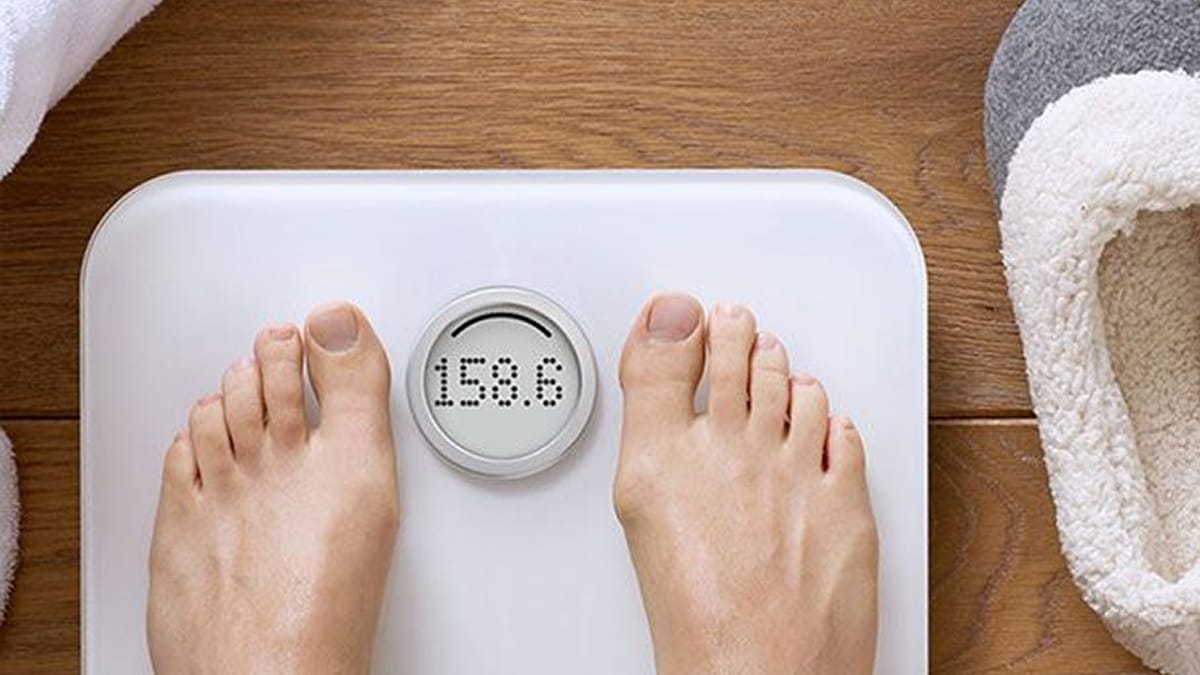Which 9 Weight Loss Supplements Work Best With Intermittent Fasting
Intermittent fasting can accelerate fat loss, improve insulin sensitivity, and simplify your eating routine. But pairing the right supplement with your fasting schedule can take your results to the next level without endangering your health.
Which 9 Weight Loss Supplements Work Best With Intermittent Fasting
In this guide you’ll discover nine research-backed weight loss supplements that work best with intermittent fasting, plus expert tips on using them safely and effectively.
By the end you’ll know which ingredients complement fasting, how to avoid common mistakes, and what habits help you maximize fat burning while maintaining energy and focus. This is actionable, evidence-based advice you can implement today.

1. Green Tea Extract for Enhanced Fat Oxidation
Green tea extract, rich in catechins and a moderate dose of caffeine, is one of the most studied fat-burning supplements. Research in the American Journal of Clinical Nutrition shows it can increase fat oxidation during exercise and fasting. Taken in the morning or before a fasted workout, it may help you burn more fat without breaking your fast because it contains virtually no calories. Always check the caffeine content to avoid jitters.
2. Caffeine From Natural Sources for Energy and Focus
During fasting, energy dips can occur. Moderate caffeine from coffee, tea, or capsules can boost alertness and metabolism. Studies show caffeine increases thermogenesis and lipolysis, making it an ideal companion to intermittent fasting. Use a moderate dose (100–200 mg) and avoid taking it late in the day to protect sleep quality.
3. Electrolyte Blends to Prevent Dehydration
Intermittent fasting often leads to increased water loss and electrolyte depletion. Low sodium, potassium, or magnesium can cause headaches, dizziness, and fatigue. Zero-calorie electrolyte supplements help you maintain hydration and nerve function without breaking your fast. This simple addition can transform how you feel during longer fasting windows.
4. Soluble Fiber (e.g., Glucomannan) for Appetite Control
One of the biggest challenges with intermittent fasting is controlling hunger when the eating window opens. Glucomannan, a soluble fiber derived from the konjac root, swells with water in your stomach to increase satiety. A systematic review in Obesity Reviews found it modestly supports weight loss when combined with calorie control. Take it with plenty of water before your eating window for best effect.
5. High-Quality Whey or Plant-Based Protein for Feeding Windows
While protein powders technically break a fast, consuming them at the start of your eating window can help preserve lean muscle mass and enhance fat loss. Research shows higher protein intake improves satiety and thermogenesis. Choose a low-sugar, clean-label protein to pair with your first meal after fasting.

6. Omega-3 Fatty Acids for Inflammation and Fat Metabolism
EPA and DHA from fish oil or algae oil support heart health, reduce inflammation, and may improve fat metabolism. Some research indicates omega-3s can enhance the effects of calorie restriction. Because they’re fat-based, take them with your first meal after fasting for optimal absorption.
7. Probiotics for Gut Health and Appetite Regulation
Your gut microbiome influences weight management and cravings. Probiotic supplements with strains such as Lactobacillus gasseri or Bifidobacterium breve have been linked in some studies to modest reductions in abdominal fat. Using them regularly during your eating window may enhance digestion and reduce bloating as you adapt to intermittent fasting.
8. L-Carnitine for Fat Transport During Exercise
L-carnitine helps shuttle fatty acids into mitochondria where they can be burned for energy. Some studies show it may reduce fatigue and improve recovery in people with low levels or on restricted diets. Taken before a fasted workout, it can support fat metabolism without adding calories.
9. Vitamin D With K2 for Hormonal and Metabolic Support
Low vitamin D levels are linked with weight gain and metabolic syndrome. Supplementing during your eating window (especially in winter months) supports hormone function, bone health, and immune balance. Pairing with K2 helps proper calcium utilization. This foundation nutrient supports overall success with intermittent fasting.
Transitioning From Knowledge to Action
These nine supplements aren’t magic pills. They complement your intermittent fasting program by supporting fat burning, reducing hunger, boosting energy, and protecting your health. When used wisely, they help you avoid common pitfalls like nutrient deficiencies, dehydration, or rebound hunger.
Frequently Asked Questions
Do these supplements break my fast?
Most zero-calorie supplements like green tea extract, caffeine, electrolytes, L-carnitine, and probiotics in capsule form won’t break your fast. Protein powders, omega-3s, and vitamins should be taken during your eating window.
Can I combine all nine supplements?
It’s best to start with one or two at a time to monitor tolerance. Combining too many at once can increase the risk of side effects or interactions.
What’s the best timing for these supplements during intermittent fasting?
Take zero-calorie supplements during the fasting window if desired (like caffeine, green tea extract, electrolytes). Take calorie-containing or fat-soluble supplements with your first meal.
Are there non-brand examples of products worth trying?
Examples include standardized green tea extract, natural caffeine capsules, electrolyte powders without sugar, glucomannan fiber, high-quality whey or plant protein, fish oil or algae oil, multi-strain probiotics, L-carnitine tartrate, and vitamin D3 with K2. Always choose reputable, third-party tested products.
Will supplements make intermittent fasting more effective?
They can enhance energy, focus, and fat loss, but results still depend on overall calorie balance, food quality, and consistency with your fasting plan.
Tips and Precautions to Avoid Problems
• Don’t exceed recommended dosages even if you’re eager for faster results.
• Introduce new supplements gradually and log any changes in how you feel.
• Prioritize whole foods and balanced meals during your eating window.
Final Thoughts: 5 Key Takeaways for Success
Choose supplements that complement, not replace, your fasting program.
Focus on zero-calorie products during fasting and nutrient-dense ones during feeding.
Always consult a healthcare professional before starting new supplements.
Track your response and adjust slowly to avoid side effects.
Remember: no supplement beats consistency with healthy eating and exercise.
Implementing these strategies will make your intermittent fasting journey smoother, safer, and more effective. When you combine the right supplements with disciplined eating windows, you’ll experience more energy, less hunger, and faster progress toward your goals.
Reference & Additional Reading
Inspired by studies and insights from:
www.health.harvard.edu
www.menshealth.com
www.healthline.com
www.womenshealthmag.com
www.ncbi.nlm.nih.gov
www.webmd.com
www.medlineplus.gov
www.tridenttech.edu
www.burnexia.com

